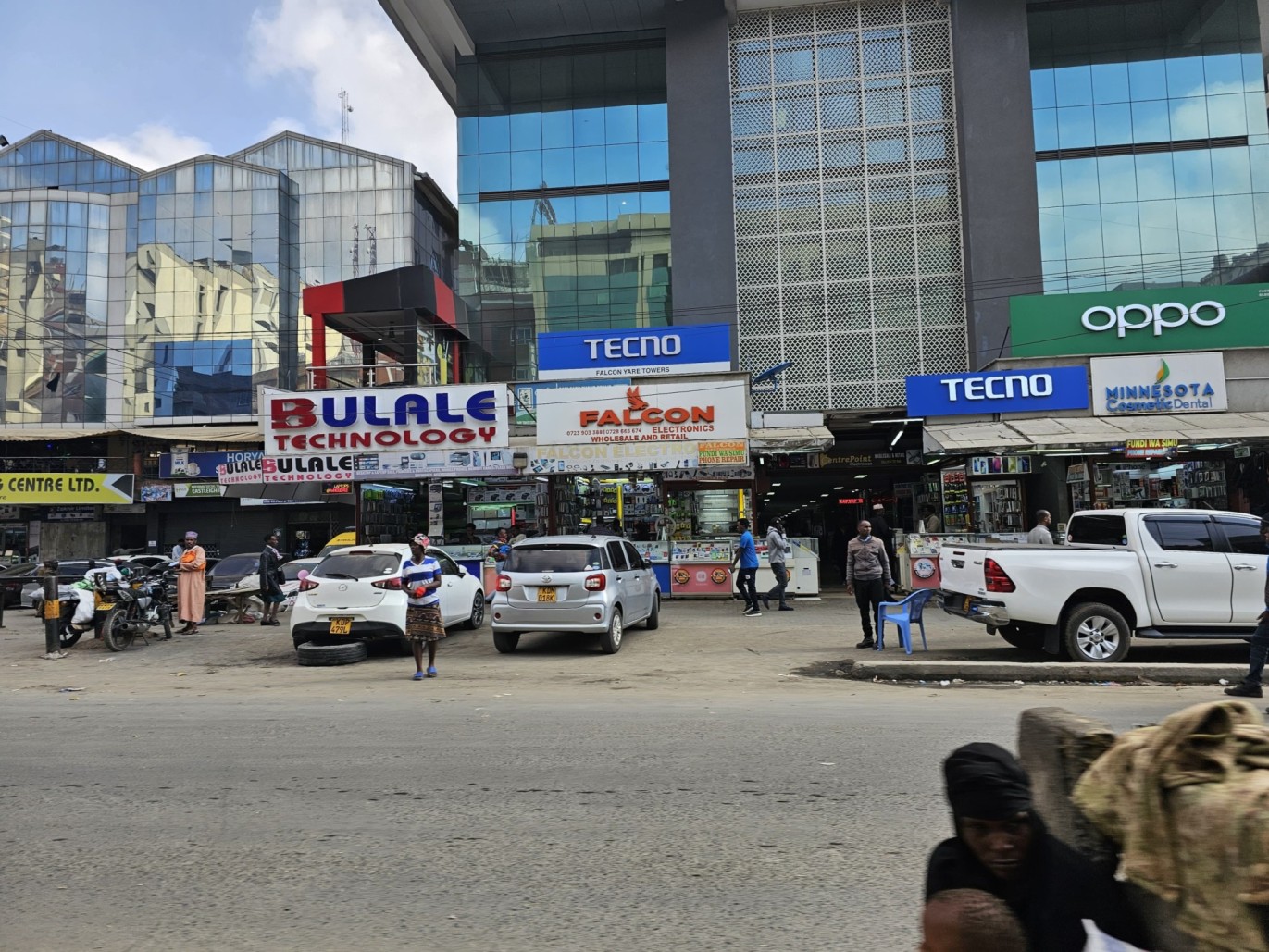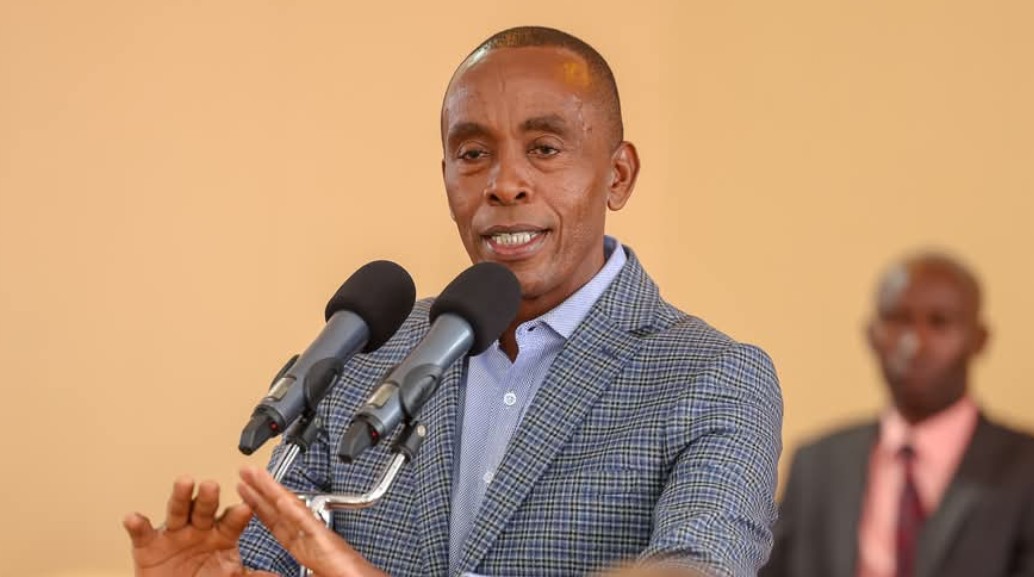Private businesses on bumpy ride as conditions slightly weaken in September

The decline in business activities coincided with the renewed drop in new business intakes.
Kenya’s private sector activity recorded a slight deterioration in September, compared to the previous month which recorded the first improvement for three months to August.
The latest Stanbic Bank Kenya Purchasing Managers' Index (PMI), which gauges the level of private sector activities, dipped below the neutral mark of 50.0.
More To Read
- Africa’s agricultural exports are losing ground: Four key interventions that could lift sector again
- CS Kinyanjui: Kenya cannot develop while rejecting all funding options
- Eastleigh’s 24-hour economy key to Kenya’s commerce, says CS Lee Kinyanjui
- Tech drives Africa’s private capital boom as Q3 deals surge to Sh646 billion
- Kenya’s exports to EAC partners grow as diaspora sends Sh1 trillion home
- Kenya-UK trade hits Sh340 billion for the first time
The headline figure dropped to 49.7 from 50.6 in August, indicating a slight deterioration in the health of the Kenyan private sector economy.
Readings below 50.0 signal a contraction in activity, while those above 50.0 indicate expansion.
The Index attributes the decline to reports of economic challenges for both businesses and households which prompted a reduction in sales.
“Positively, the slowdown helped to ease the rate of input price inflation, contributing to only a marginal rise in output prices,” reads the Index report.
The decline in business activities coincided with the renewed drop in new business intakes.
Anecdotal evidence suggests that challenging economic conditions for clients such as reduced cash flow led to lower intakes of work placed at surveyed firms.
Marginal contraction
Notably, the pace of contraction was only marginal, with several panellists continuing to see sales improve amid greater customer turnout, higher investment and a positive impact from marketing.
The report exhibits that the renewed decline in new business across the service sector also coincided with sustained contractions in the agriculture, wholesale and retail segments.
At the same time, manufacturers and construction firms registered higher sales.
Despite lower demand on average, Kenyan firms reported an expansion in their purchasing activity for the second month running.
Survey respondents linked the move to the shoring up of stocks amid hopes that sales will strengthen.
Inventories of inputs rose at a modest pace that was the quickest since May, supported by a slight reduction in average lead times.
Stable workforce numbers were also recorded in September, as firms noted there was little need to hire new staff or replace voluntary leavers.
This was partly due to a softening of capacity pressures, with the survey data indicating little change in firms' outstanding business after a recent run of accumulation.
In addition, Kenyan firms continued to show a subdued level of confidence towards future activity, with only four per cent of survey members expecting an upturn over the coming year.
On prices, the September survey provides hopeful signs of an easing in inflationary pressures at the end of the third quarter.
Christopher Legilisho, an economist at Standard Bank concurs this and reiterates that the contraction of business activities in the month under review implies that the pickup in August was due to some recovery after the disruptions caused by protests earlier this year.
“We anticipate inflation to be muted in September at around 4-4.5 per cent. However, business expectations for the coming year remain at their weakest levels in a decade due to the economic headwinds of this year,” Legilisho said.
Top Stories Today











































